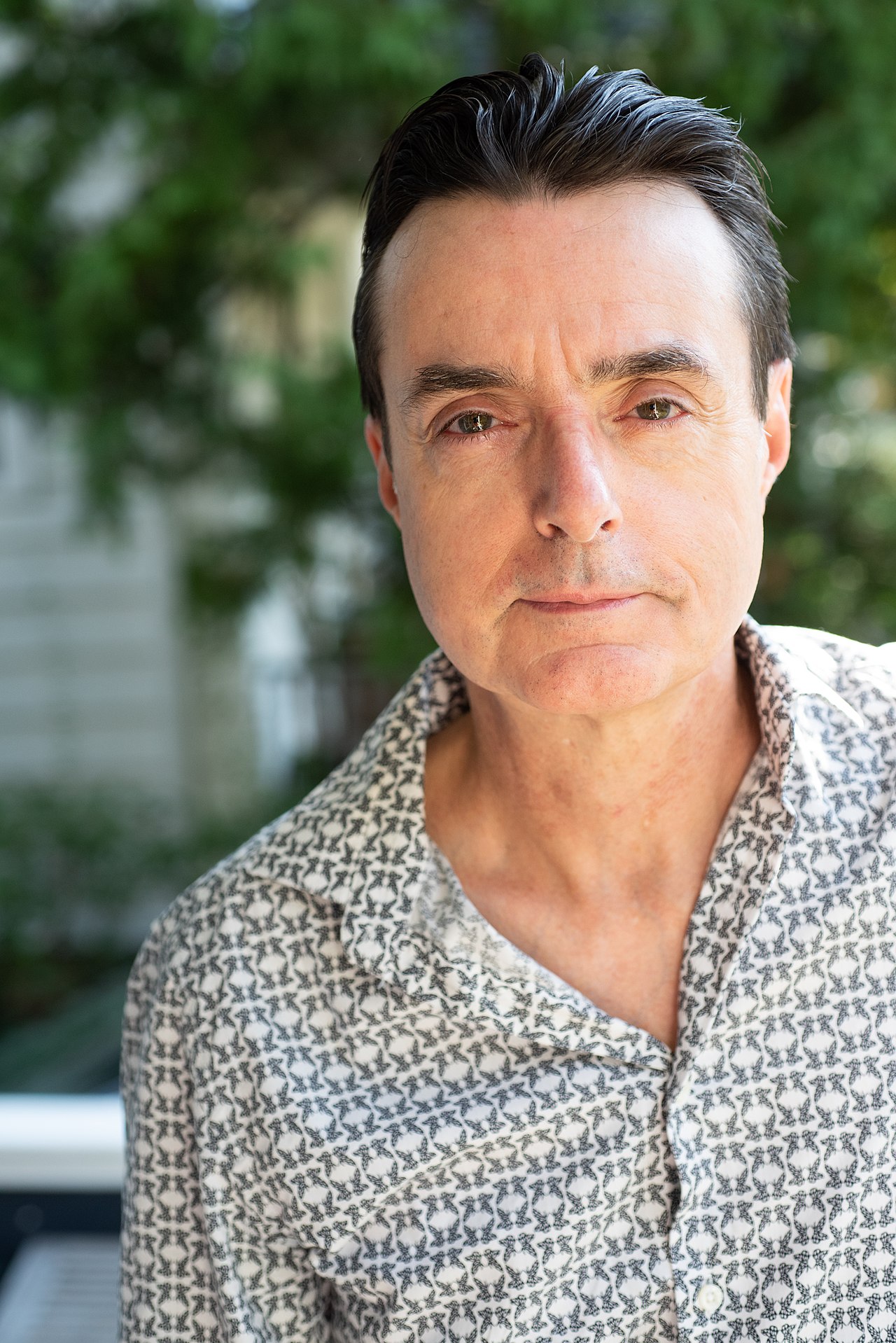
AFROFuturism, a well-liked catchphrase, advocates that Black people will be important contributors to the future of humankind. They will be flamboyant superheroes rescuing citizens from burning buildings. African descendants will command spaceships to discover exotic planets and fist-fight frightening space aliens. People of color will be astonishing academic achievers and civic innovators to end poverty and disenfranchisement. Alternatively, they may become evil, mad scientists or galactic authoritarians seeking to conquer the universe by utilizing fantastic technologies
.

AFROFuturism also investigates the glories of Afrocentric artistic, mythological, and historic narratives that have influenced and improved earthly civilizations. Currently, entrepreneurs and multinational corporations exploit this popular cultural venue to sell movies, music, books, art, t-shirts, and coffee mugs. But despite petty product profits, many aspects of AFROFuturism must be acknowledged as beneficial to the evolution of human society
European rulers were terrified that the African Pantheon of Gods could motivate abducted African men and women around the globe to conduct catastrophic rebellions and endanger royal profits necessary to continue colonial conquests. Thus, Africans were forbidden from observing traditional religious beliefs, languages, or culture. Before and after the tragic American Civil War, “Architects of AFROfuturism” promoted intellectual and other freedoms for everyone despised by the ruling elite.
According to Wikipedia, "Mark Dery (born December 24, 1959) is an American author, lecturer and cultural critic. An early observer and critic of on line culture, he helped to popularize the term "culture jamming" and is generally credited with having coined the term "Afrofuturism" in his essay "Black to the Future" in the book Flame Wars: The Discourse of Cyberculture. He writes about media and visual culture, especially fringe elements of culture for a wide variety of publications, from Rolling Stone to
BoingBoing
."
line culture, he helped to popularize the term "culture jamming" and is generally credited with having coined the term "Afrofuturism" in his essay "Black to the Future" in the book Flame Wars: The Discourse of Cyberculture. He writes about media and visual culture, especially fringe elements of culture for a wide variety of publications, from Rolling Stone to
BoingBoing
."
In "Black to the Future", Dery, whose background would be considered Caucasian or white, interviews three prominent African descendant thinkers: Samuel R. Delany , prominent sci-fi writer; Greg Tate , cultural critic; and Tricia Rose , professor of African American studies.
The social and intellectual landscape is changing drastically. People of color are actively engaged in the development of a future that accommodates all humans. There is no white, there is no black, there is only us.
Psychogeography is merely an examination of that where we live effects our behaviors for good or bad. Dery takes a deep dive into this and how AFROFuturism is changing the Black prospective.
created with
Joomla Page Builder .